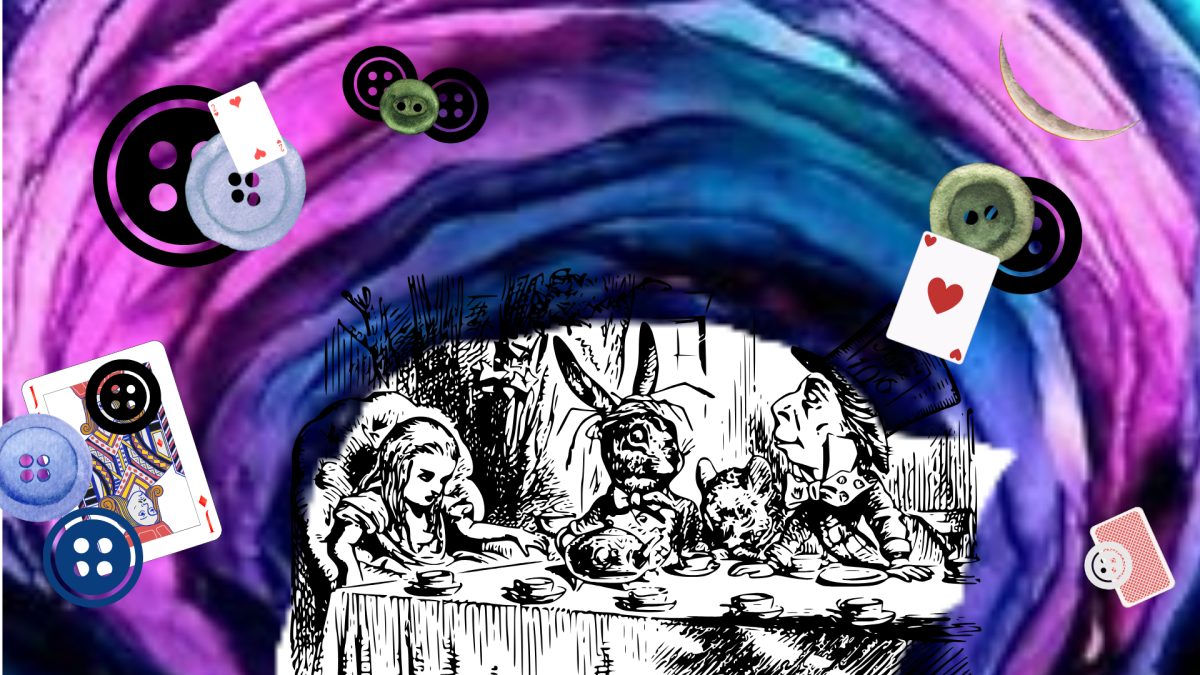I’ve been a devoted Mac Miller fan since I was 10 years old. No exaggeration — I vividly remember watching the music video for “Best Day Ever” as a fifth-grader sitting in my childhood bedroom. My eyes lit up, and a wide smile spread across my face cheek to cheek. In a time when life felt confusing, Mac Miller’s music reminded me of how beautiful and sweet it could be.
Over the next five years, I went through some heavy experiences and found myself in dark places. So was Mac Miller, it seemed. His music laughed in the face of life’s chaos, while also diving into the sleepless nights that fall on us all. That authenticity was a lifeline.
I know it’s a cliché, but his music made me feel less alone.
When his second posthumous album, “Balloonerism” was announced, I hesitated. I didn’t want to stir up emotions tied to those difficult years, and honestly I assumed it might just be a cash grab. Seven years after his passing, how could anything released now be truly Mac?
That was before I discovered that “Balloonerism” was recorded in 2014, nestled between two of Mac Miller’s most musically diverse and profoundly introspective works, “Watching Movies With the Sound Off” and “Faces.” These albums marked a pivotal shift in Miller’s artistry — from the carefree, upbeat party anthems that dominated early 2010s house parties, skate parks and teenage smoke sessions, to a raw and unfiltered exploration of his innermost thoughts and struggles.
In these works, Miller laid bare the weight of his heart, mind and soul, grappling with themes of death, addiction, mental illness and even spirituality. Dark as they often were, his reflections were always honest, offering an intimate window into his humanity.
This is clear through the lyrics “Suppose I’ll die alone from an overdose of some sort” from “San Francisco,” “Confession that I have, the curiosity about life and death / Most of us will never understand it, we just like the quest” in “Aquarium” and “Initial symptoms of schizophrenic behavior / The mind is like religion, can’t agree on who’s its savior” in “I Am Who Am.”
His authenticity continued with uniquely captivating albums like “The Divine Feminine” and “Swimming.” However, it is clear the period in which “Balloonerism” was recorded reflects a kind of midlife crisis for Miller, offering insight into the deeper, more vulnerable parts of his being.
The album opens powerfully with “DJ’s Chord Organ,” featuring SZA’s unmistakable voice. The track begins with a stunning instrumental — layered meditational hums and a steady, hypnotic organ — that sets the tone for the emotional journey to come. It didn’t take long for me to realize this album would be heavy-hitting. By the middle of the track, I was bracing myself, trying not to cry.
“Do You Have A Destination” brings back Miller’s signature sound, weaving witty rhymes with head-nodding drums and a soft piano line that feels effortlessly familiar.
“5 Dollar Pony Rides” is a clear foreshadowing of “The Divine Feminine.” More melodic than lyrical, the track incorporates jazzy influences, complete with a groovy bridge and tambourine, delivering a warm, soulful vibe that feels like a hug from the past.
I immediately saved the next five tracks. Gifted with metaphorical storytelling, these songs offer a new look into Miller’s inner world and his reflective take on the human experience.
A clear theme of the album is Miller’s deep, unflinching questions about death. Does God love me? What does death feel like? These existential ponderings seem to loom over the project, as Miller confronts his mortality with both raw honesty and a haunting sense of inevitability through lyrics like “I wonder, what does death feel like?” in “Rick’s Piano,” “God is like the school bell, He gon’ tell you when your time is up” in “Manakins,” “If I dyin’ young, promise you’ll smile at my funeral” in “Shangri-La” and “Tryna find Heaven, I get high but never come close” in “Do You Have A Destination.”
Despite my initial hesitation to listen, Mac Miller’s “Balloonerism” turned out to be nothing short of breathtaking — heavenly, even. From beyond the grave, Miller reminds us of what the human experience entails: pain, uncertainty and suffering. Yes, it’s dark, but we are challenged to consider how we bear this burden.
We can choose love. We can choose to live freely. There are no answers, and that’s the beauty of it. Mac encourages us to embrace life with open arms, taking in everything it has to offer — the pain, the joy and all the moments in between: “A shame that my tragedy my masterpiece” in “Funeral.”














